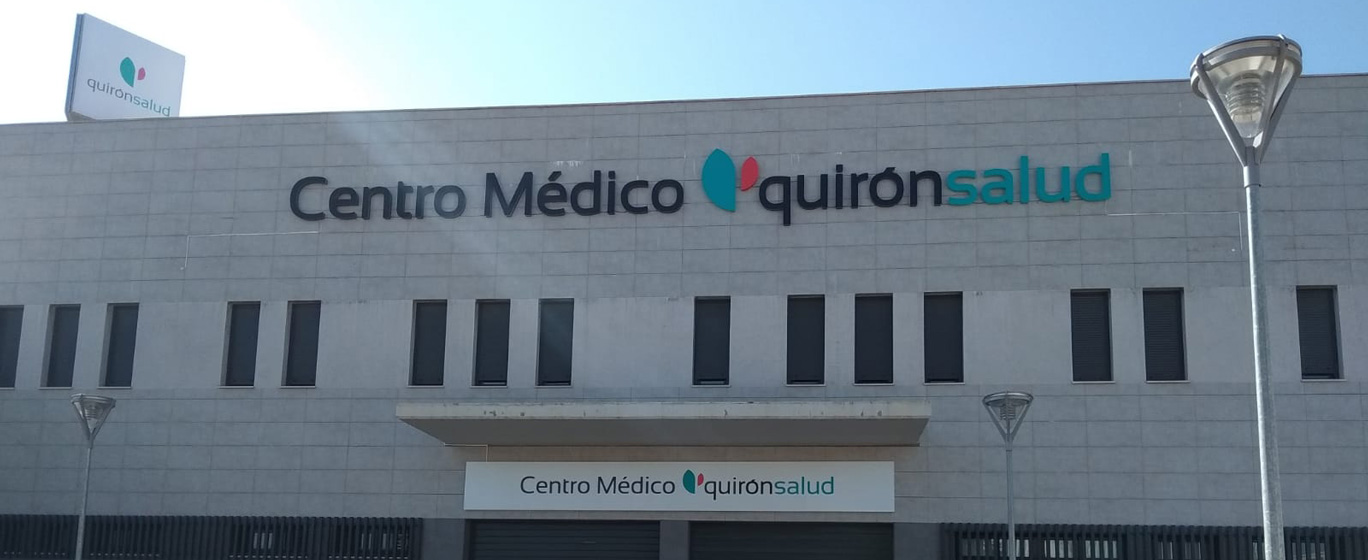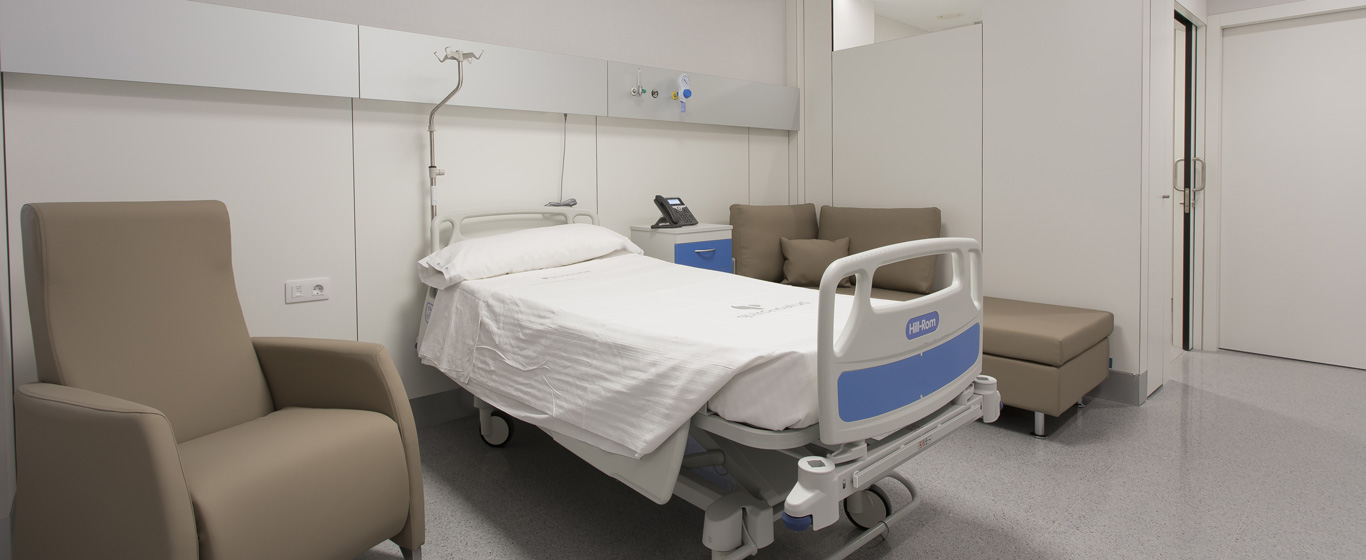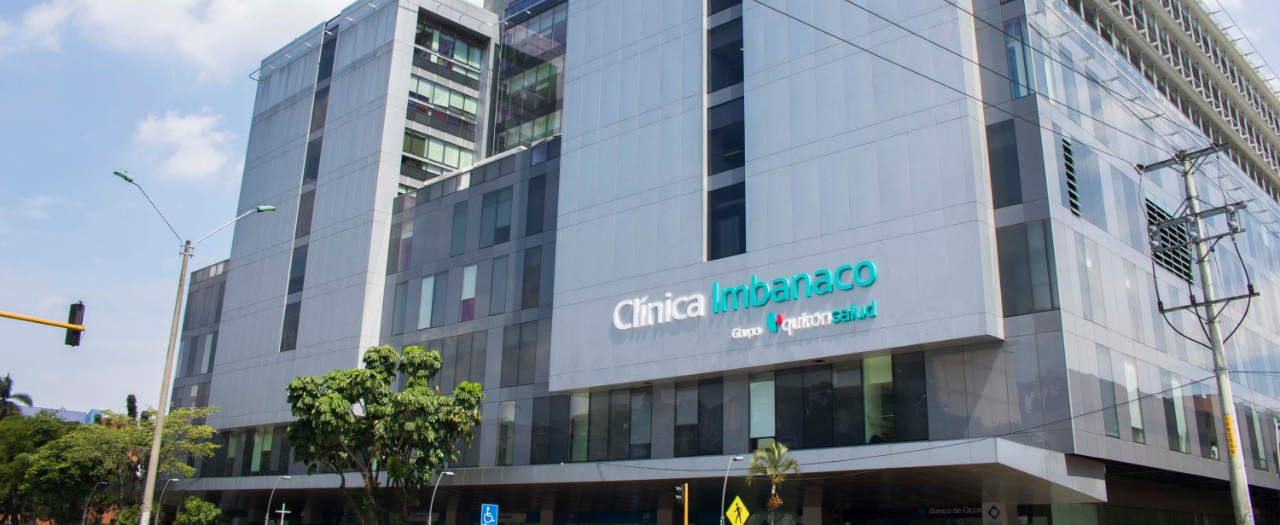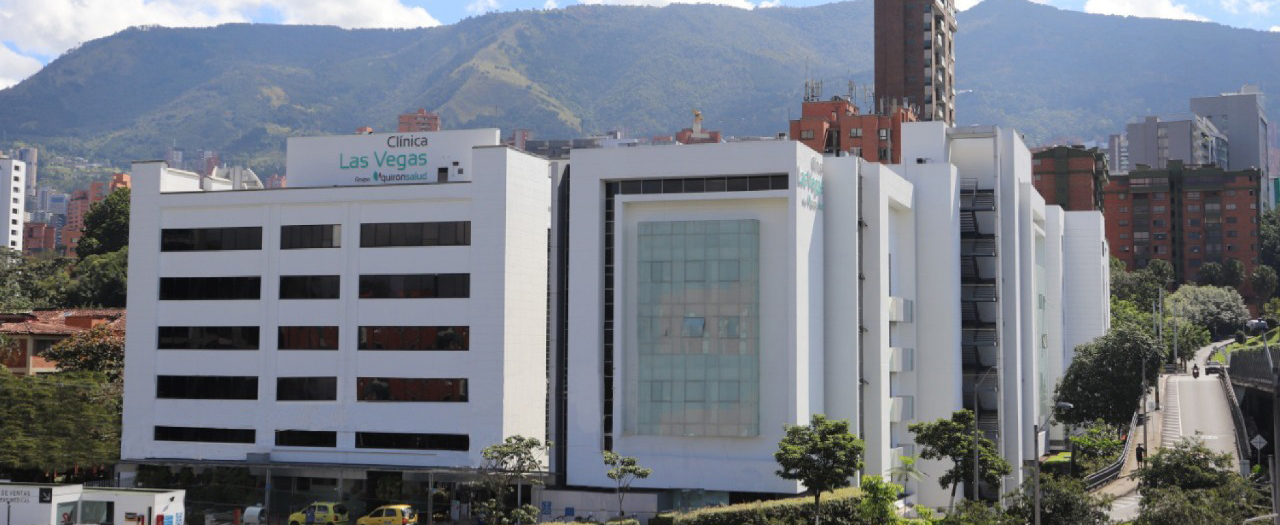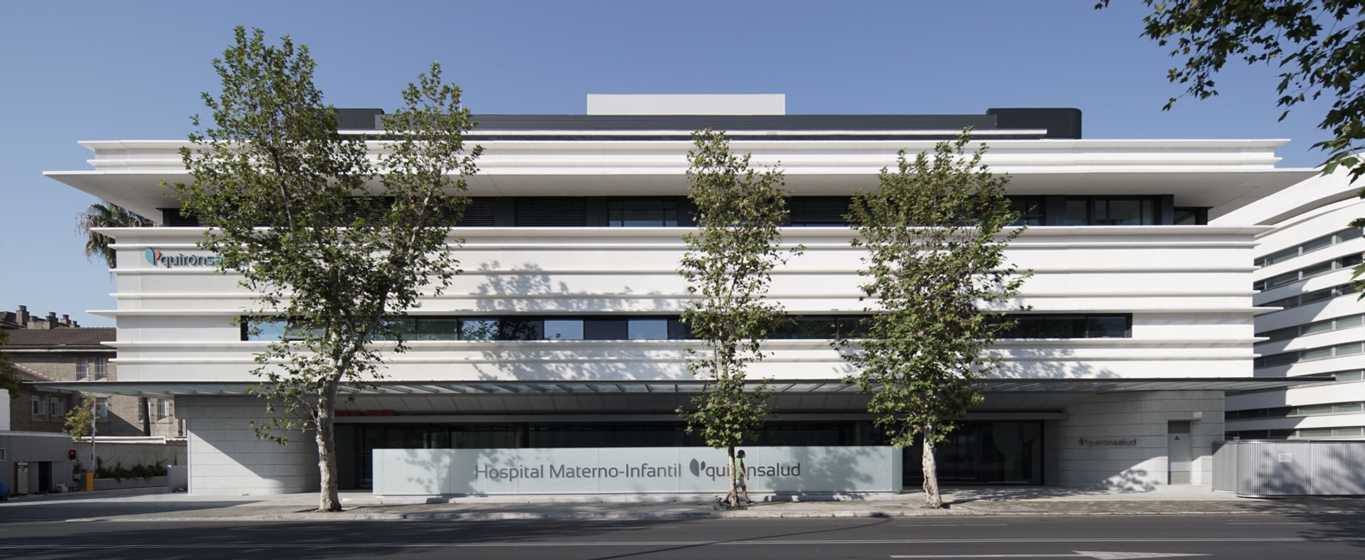Cardiac Computed Tomography (CT) Scan
Cardiac CT is a highly valuable imaging modality used to assess the heart’s anatomical structures and blood vessels. It is a painless, non-invasive procedure that poses virtually no risk to the patient.

General Description
Cardiac computed tomography (CT) is a diagnostic imaging test that uses X-rays to produce a detailed three-dimensional image of the heart's structures. Although this technique involves higher radiation exposure than a standard X-ray, the doses used are very low and do not pose a health risk to the patient.
There are three main types of cardiac CT:
- General cardiac CT: evaluates cardiac anatomy for structural abnormalities or diseases.
- Coronary calcium scoring: detects the presence of calcium deposits in the coronary arteries.
- Computed tomography angiography (CTA): assesses coronary artery patency to identify any narrowing or obstruction.
While multiple diagnostic tests exist for cardiac and coronary diseases, cardiac CT is one of the most reliable non-invasive options. It is also used for surgical planning and to monitor treatment efficacy.
When is it indicated?
Cardiac CT is indicated in patients who present with certain symptoms or in asymptomatic individuals with cardiovascular risk factors:
- Nonspecific chest pain
- Syncope
- Hypertension
- Hypercholesterolemia
- Family history of heart diseaseHeart DiseaseHeart Disease
- Heart failure
- Coronary artery bypass graft (CABG)
- Diabetes mellitus
- Overweight
- Obesity
- Smoking
- Sedentary lifestyle
Conditions that can be diagnosed or evaluated with cardiac CT include:
- Valvular heart abnormalities
- Atherosclerosis: buildup of plaque (cholesterol, fat, calcium, triglycerides) in the coronary arteries
- Myocardial ischemia: reduced blood flow to the heart
- Coronary artery occlusion
- Congenital heart diseaseHeart DiseaseHeart Disease : structural or functional defects arising during embryonic development
- Ventricular function disorders
- Cardiac tumors
Contraindications include pregnancy and breastfeeding, as well as pediatric patients, in whom the benefit-risk ratio must be carefully assessed. In such cases, alternative techniques may be considered based on the child’s individual condition.
In general, contrast administration is discouraged in patients with thyroid, renal, or cardiac disorders. However, contrast-enhanced cardiac CT is often preferred for evaluating coronary arteries, as it significantly improves diagnostic accuracy. Each case is evaluated individually, and patients are continuously monitored throughout the procedure.
How is it performed?
A cardiac CT scan is performed as follows:
- The patient lies supine on a motorized examination table.
- If required, a contrast agent is administered intravenously.
- The table moves so that the chest is positioned within the CT scanner. Usually, the head and feet remain outside the gantry.
- Electrodes are placed on the chest to monitor cardiac activity throughout the procedure.
- In some cases, medications are administered to reduce heart rate and improve image quality.
- The scanner emits X-rays from multiple angles. The radiation passes through the body, and the exiting rays are captured and processed into images.
- Each image corresponds to a thin slice of the heart, and the computer assembles them into a three-dimensional reconstruction for accurate analysis.
Risks
Cardiac CT involves minimal risk, as the radiation dose is very low. Depending on the specific type of study, exposure ranges from 2 to 9 millisieverts (mSv), equivalent to 6 months to 3 years of natural background radiation.
Contrast agents may rarely cause allergic reactions, presenting as headache, pruritus, or skin rash.
What to expect during a cardiac CT scan
Prior to the procedure, patients sign an informed consent form and change into a hospital gown. They must remove all metal objects, including eyeglasses, hearing aids, and dentures.
In the imaging suite, the patient lies supine on the CT table. Medications, if needed, are administered accordingly. If contrast is used, a brief needle prick is felt, followed by a sudden warm sensation in the arm, chest, and genital region, which quickly subsides.
The scan lasts approximately 10 to 15 minutes, during which the patient must remain as still as possible to ensure high-quality images.
Medical specialties that request cardiac CT scans
Cardiac CT is performed by radiologists upon referral from cardiology, oncology, or cardiothoracic surgery specialists.
How to prepare
Cardiac CT generally does not require special preparation. However, fasting for 4 to 6 hours is recommended if a contrast agent will be used.
Patients should wear comfortable clothing and avoid metallic objects, as these are not permitted in the radiology suite. Since certain cosmetics contain metallic particles, it is advisable to avoid makeup.












